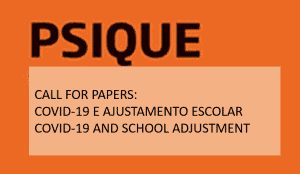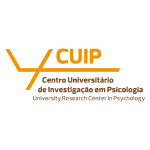This study aims to adapt and validate the Portuguese version of the Posttraumatic Stress Disorder (PTSD) Checklist (PCL-5, Carvalho, Pinto-Gouveia, 2020) for the Ukrainian refugee population. In the context of the Russian-Ukrainian conflict, the events to which the Ukrainian population has been exposed and forced mobility are likely to result in serious consequences for the mental health of refugees. Specifically with regard to Post Traumatic Stress Disorder (PTSD), valid information is still unknown about this population migrating to host countries such as Portugal. The PCL-5 will be administered to a population of around 300 adult Ukrainians with refugee status in Portugal. The instrument has 20 items related to the DSM-V dimensions of PTSD, therefore involving questions about the subject's experience of the traumatic war event and PTSD symptoms (intrusive thoughts, avoidance, negative changes in cognition and mood, and hyperactivity). -activation). A psychometric analysis of the scale will be conducted to assess its reliability, internal consistency and convergence (according to the DSM-V four-factor model for PSPT). Then, confirmatory factor analysis to identify latent models of the scale. Finally, the test and retest to ensure the temporal reliability of the instrument. On the other hand, considering the results of the instrument, the study aims to identify specific indicators of the mental health of Ukrainians in different stages of migration in Portugal. Given the sparse literature on PTSD in the Ukrainian population and noting the lack of methodological clarification on the best evaluation model in refugees, it is crucial to attest the psychometric validity of the PCL-5 by contributing to the scientific community and to clinical practice.
Assessment of Post Traumatic Stress Disorder (PTSD) in Ukrainian Refugees and Validation of PCL-5 for Ukrainian Population (2022-2024)
Integrated Investigator: Sandra Figueiredo (IR)



